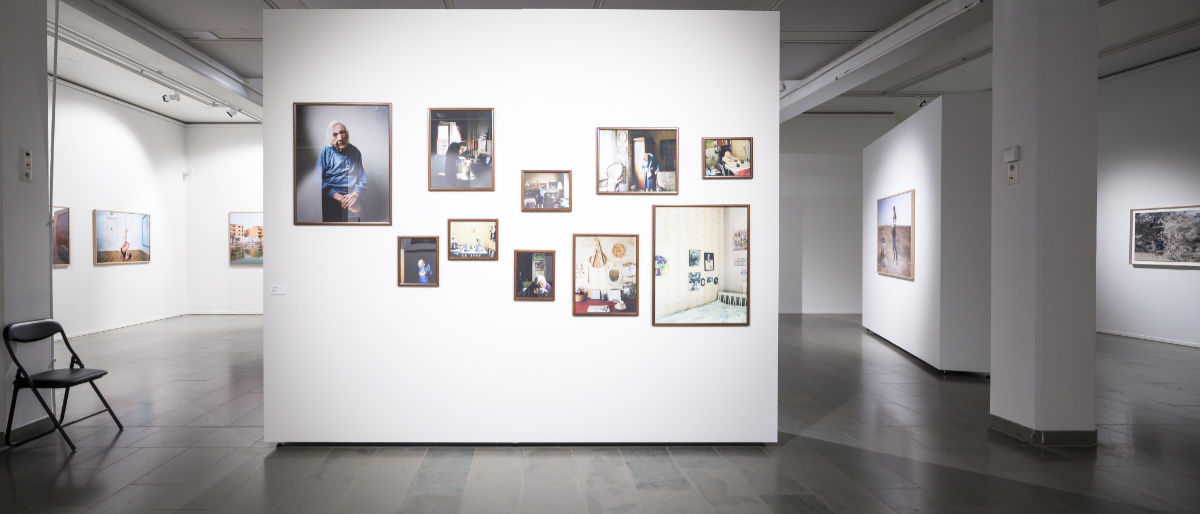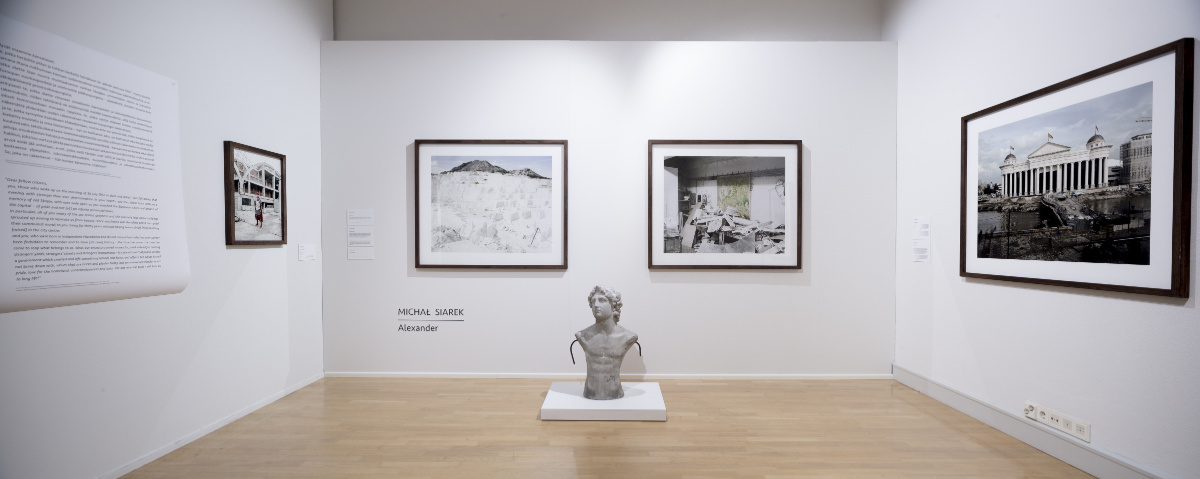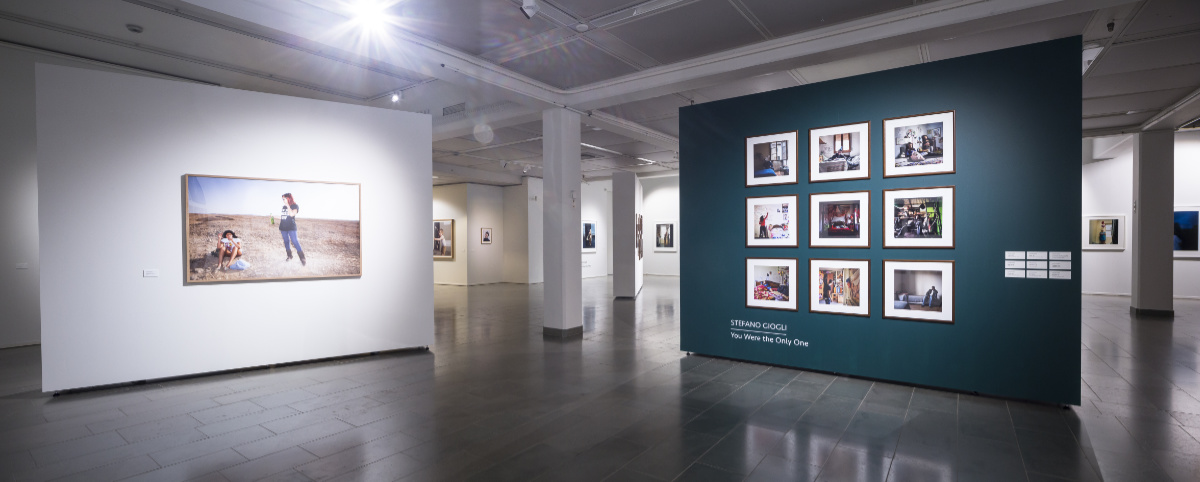Backlight 2017: Boundaries of Independence
Zaza Bertrand, Stefano Giogli, Sonja Hamad, Juha Arvid Helminen, Jaakko Kahilaniemi, Ninan Korhonen, Mariya Kozhanova, Daesung Lee, Hanna Lenz, Julien Lombardi, Tito Mouraz, Sami Parkkinen, Michal Siarek, Miriam Stanke, Juha Suonpää, Bénédicte Vanderreydt, Borko Vukosav, Marta Zgierska
Tampere Art Museum, Tampere, Finland, 2017
Exhibition website
Exhibition photos: Jari Kuusenaho.
What are the forms of independence beyond the shadows of the jubilee speeches’ self- assertion, assumed cultural and national uniqueness and endorsement of independence as an emblem of power? Who do we refer to when speaking of us, our nation, our history, our rights and privileges in relation to others? Who is entitled to speak for us, to represent us, and how many of us today would rather stay silent when discussion touches on national issues, state politics and its representatives in power –though democratically chosen?
Power structures and authority over others create dependencies and conflicts. Kurdish female freedom fighters, depressed minorities, the aftermath of the Balkan and the Soviet wars as well as the Finnish civil war, just after Finland gained its independence, all unveil a universal longing for equal latitude, for a justified right to experience of oneself with dignity and recognition and for the right to have freedom and autonomy over one’s own decisions. Yet the collective need for victory–praise of the stronger and respect for the winner– has brought us very little wisdom with regard to our humanity and survival. In the selected series of photographs independence is also shown and experienced as personal transformation; as loss and recovery; and sometimes even as a small victory over common expectations and traditions. Yet independence, both personal and collective, seems to have a melancholic undertone and a sense of devolvement that can be traced across the different series whether dealing with global political shifts, guarded artificial dreamlands or the vanishing traditions of Mongolian lifestyles caused by accelerating changes in the environment.Independence, in terms of coping on ones own, is hard to bear.

An individual’s level of independence, by learning to live with it and learning to let go of it, oscillates throughout a lifetime. The in-between states of youth and adulthood, parenthood and childlessness collide with previous generations’ ideological and social values, collapsing their current realities. Lack of independence due the age, social status or health, together with society’s inability to provide stability increase uncertainty and eat self-respect and identity. How do we then support the independence of the regions and individuals who, for one reason or other, cannot cope with the responsibilities expected with sovereignty on their own?
No matter whether individual, common or national–independence is a value. It is a desirable recognition, a sign of capability, coping, survival and strength–a matter of honour. It is an achievement whose sovereignty is admired and whose sanctity is defended. Becoming independent requires bilateral detachment, transfer of both power and responsibility, redefining of borders and relations between neighbours, parents with their children, individuals with their surrounding communities as well as oneself with one’s abilities. Where these borders are drawn does not depend on us alone.

As nations and as individuals we are dependent on each other and the changing values and demands of society as well as on global developments. Economic, social and emotional dependencies on the affability and support of others, acceptance from our families, friends and the community force us to adjust ourselves to limited independence and limit our decision making. This insight is also why we should not ignore but rather respect and support the independence, or attempts of it, of others. The status of independence and the freedom that it brings is not a persistently commensurable state for any of us.
